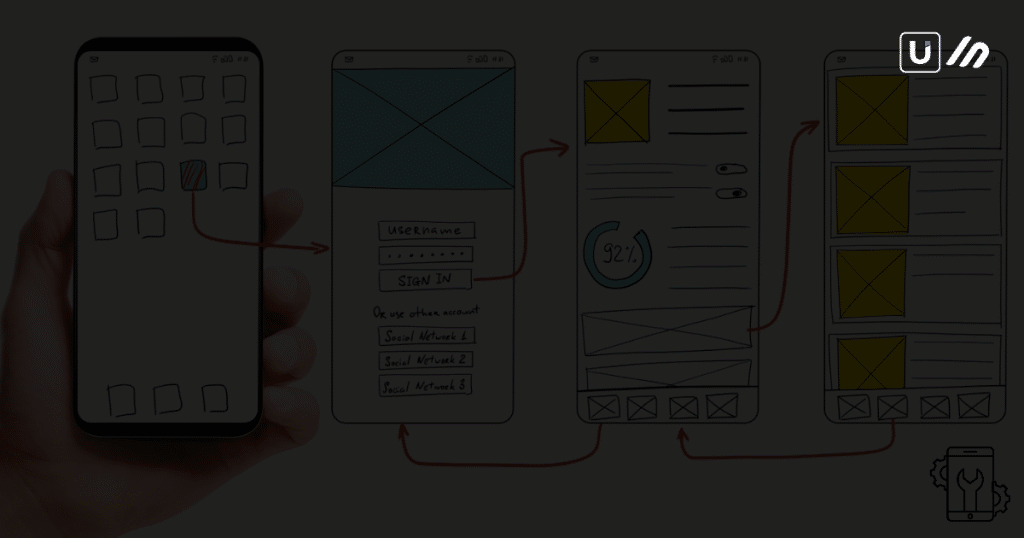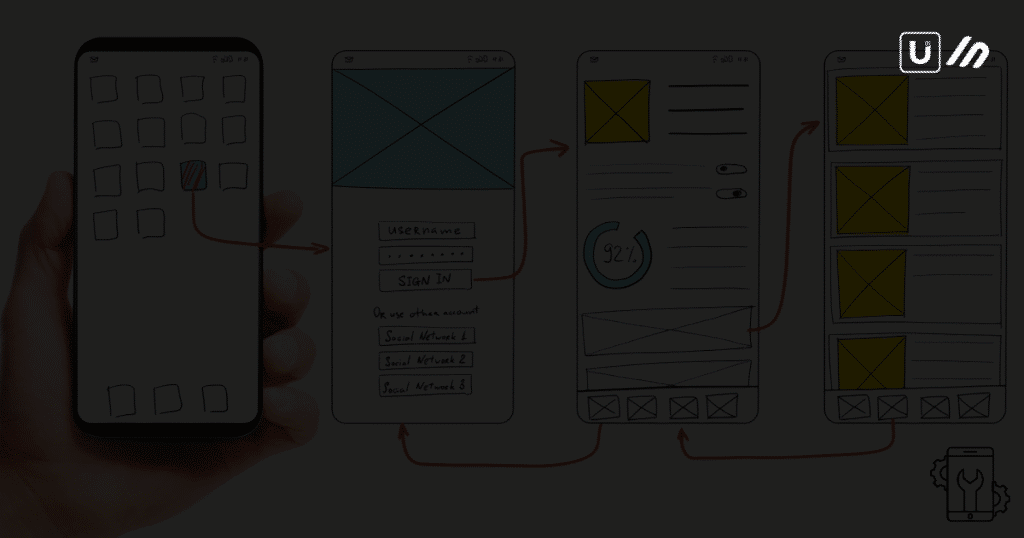As mobile devices have become increasingly ubiquitous, businesses have had to adapt to meet the needs of their mobile customers.
One way that businesses are doing this is by developing hybrid mobile apps that can be used on multiple platforms.
Hybrid app development is becoming more popular because it allows companies to create mobile apps that work on both iOS and Android platforms,
which can significantly reduce development costs and time. In this ultimate guide to hybrid app development,
we will discuss what hybrid apps are, their advantages and disadvantages, and the steps involved in building a hybrid app.
What are Hybrid Apps?
Hybrid apps are mobile applications that combine elements of both native and web-based applications. Hybrid apps are built using web technologies such as HTML, CSS, and JavaScript.
And then wrapped in a native application container that can be installed on a mobile device. Hybrid apps can be thought of as a cross between native and web-based apps, as they offer the best of both worlds.
Advantages of Hybrid App Development:
One of the main advantages of hybrid app development is the ability to create an app that can be used on both iOS and Android platforms.
This is important because it can significantly reduce development costs and time. Instead of building two separate apps, businesses can build one hybrid app that can be used on both platforms.
Another advantage of hybrid app development is that it allows businesses to use web technologies such as HTML, CSS, and JavaScript, which are commonly used for web development.
This means that businesses can use their existing web development skills to build hybrid apps, which can save time and money.
Additionally, because hybrid apps are built using web technologies, they can be easily updated without requiring users to download a new version of the app.
Disadvantages of Hybrid App Development:
While there are many advantages to hybrid app development, there are also some disadvantages to consider. One of the main disadvantages of hybrid app development is that they can be slower than native apps.
This is because hybrid apps rely on web technologies, which can be slower than native code. Additionally, hybrid apps may not be able to take advantage of some of the native features of a device, which can limit their functionality.

Steps in Building a Hybrid App:
The following are the steps involved in building a hybrid app:
1:Define the App’s Purpose and Features:
The first step in building a hybrid app is to define its purpose and features. This involves identifying the problem that the app will solve and the features that it will need to have to solve that problem.
2:Choose a Hybrid App Development Framework:
The next step in building a hybrid app is to choose a hybrid app development framework. Some popular hybrid app development frameworks include Ionic, React Native, and Xamarin.
3:Design the User Interface:
Once a framework has been chosen, the next step is to design the user interface. This involves creating wireframes and mockups of the app’s screens and interactions.
4:Develop the App:
After the user interface has been designed, the next step is to develop the app. This involves writing the code for the app using the chosen hybrid app development framework.
5:Test the App:
Once the app has been developed, it is important to test it thoroughly to ensure that it works as expected. This involves testing the app on both iOS and Android platforms and identifying and fixing any bugs.
6:Deploy the App:
After the app has been tested, the final step is to deploy it to the app stores. This involves submitting the app to the Apple App Store and Google Play Store for approval.
Hybrid app development is becoming more popular as businesses look for ways to reach their mobile customers on multiple platforms.
Hybrid apps offer many advantages, including reduced development costs and time. And the ability to use existing web development skills.
However, there are also some disadvantages to consider, such as slower performance.







